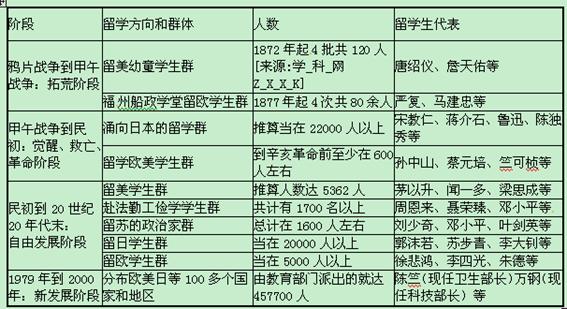阅读理解。
Honesty, my mum always used to tell me, is the best policy. Of course, this didn't include her when she
told me that if I didn't eat all my vegetables Father Christmas would find out and wouldn't give me any presents.
But when it comes to medicine, I had assumed it was important to always be honest with my patients.
After all, the doctor patient-relationship is based on trust, and therefore honesty is essential. Or so I thought.
I had just started working in geriatrics (老年病科). Mr. McMahon was brought in when his belly was
found very swollen. I took a medical history from his daughter who'd accompanied him in the ambulance.
She'd been his main career for years. I stood looking at him as she gave a detailed history." Has he lost any
weight recently?" I asked, "Well, it's funny you should mention that, but yes," she said slowly. There was
silence for a few moments. "Why? What are you worried about?" she asked. I hesitated. She was obviously
very involved in his care and it was only fair that I told her the truth. "Well, we need to prove it's not cancer,"
I said and talked briefly about some of the tests I was going to order.
Half an hour later, a nurse called me:"Mr. McMahon's daughter broke down-she said you told her he had
cancer." My heart sank. By the time I arrived at the ward, my consultant was already there, explaining that
we still had to run lots of tests and that it was by no means confirmed that he had cancer. I stood silently at
the end of the bed. My consultant was obviously angry with me and as we left Mr. McMahon, she turned to
me. "Why on earth did you do that?" she asked in disbelief. I looked at her and bit my lip. "She asked me what
I was worried about and I told her." I said, hanging my head. "And give her more to worry about?" replied my
consultant. "You don't say the word 'cancer' until it's confirmed. Even if you suspect it, think very carefully
before you tell people."
As it turned out, it wasn't cancer. But I did learn that when someone is stressed and worried about their
loved one they're sometimes selective in what they hear-and as a doctor it's important to be mindful of this.
In being truthful, I'd made the situation worse.
1. The purpose of the first two paragraphs is to show that the author _____.
A. misunderstood the doctor-patient relationship
B. was anxious to receive Christmas gifts
C. regarded honesty as the best policy
D. had an unhealthy eating habit
2. The author's consultant was angry with him because _____.
A. he told the daughter what he suspected
B. he delayed running the necessary tests
C. he failed to confirm the parent's disease
D. he forgot what the consultant had advised
3. The author hung his head (the underlined part in Para.4) because he was feeling _____.
A. guilty
B. hurt
C. disappointed
D. helpless
4. What lesson has the author learnt from his experience?
A. Learning from parents is necessary.
B. Jumping to a conclusion is dangerous.
C. Telling the truth may not always be the best solution.
D. Selecting pleasant words may not be the perfect policy.

 析与今后趋势之展望》
析与今后趋势之展望》